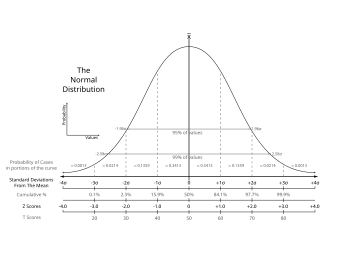 [div class=attrib]From Rationally Speaking:[end-div]
[div class=attrib]From Rationally Speaking:[end-div]
Stop me if you’ve heard this before: suppose I flip a coin, right now. I am not giving you any other information. What odds (or probability, if you prefer) do you assign that it will come up heads?
If you would happily say “Even” or “1 to 1” or “Fifty-fifty” or “probability 50%” — and you’re clear on WHY you would say this — then this post is not aimed at you, although it may pleasantly confirm your preexisting opinions as a Bayesian on probability. Bayesians, broadly, consider probability to be a measure of their state of knowledge about some proposition, so that different people with different knowledge may correctly quote different probabilities for the same proposition.
If you would say something along the lines of “The question is meaningless; probability only has meaning as the many-trials limit of frequency in a random experiment,” or perhaps “50%, but only given that a fair coin and fair flipping procedure is being used,” this post is aimed at you. I intend to try to talk you out of your Frequentist view; the view that probability exists out there and is an objective property of certain physical systems, which we humans, merely fallibly, measure.
My broader aim is therefore to argue that “chance” is always and everywhere subjective — a result of the limitations of minds — rather than objective in the sense of actually existing in the outside world.
[div class=attrib]Much more of this article here.[end-div]
[div class=attrib]Image courtesy of Wikipedia.[end-div]
